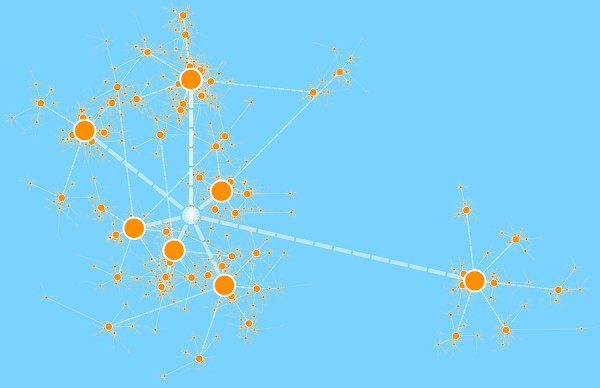Who Wins? Five Types of Technology for Recruiting with Facebook

While Linkedin represents a pure play on next generation online recruiting, Facebook is instead seeding numerous markets. Facebook has massive user activity and social data, but is still relegated to personal use and content sharing. Everyone knows that Facebook will look to disrupt major online marketplaces (recruiting, auctions, eCommerce, search) etc… but for right now, it seems much more focused on acquiring users and building traffic.
Facebook itself has not focused on recruiting, which leaves a lucrative white space open to technology startups. Recruiting technology companies are fighting to gain market share and traction before either: A. Facebook develops its own recruiting technology or B. Facebook entirely concedes professional networking to Linkedin.
Technology companies approach recruiting with Facebook in very different ways. Each of these five types of technology have been receiving heavy interest and investment lately:
- Social distribution: Recruiting technology that focuses on delivering the job through a normal channel, such as a career jobsite or job board, but then enables social distribution through Facebook and other services. These companies use the social graph of the employees at the company recruiting. For example, a job is posted through the company website and then “pushed” out through the company Facebook page and individual employee accounts for magnified and focused distribution.
- Metadata Layering: Facebook has tons of personal data, but for professional data, it’s about as useful as eharmony. Entire companies are springing up based on the Facebook social graph, which focus on overlaying additional professional data (or metadata) on top of Facebook. These services trust that Facebook will be the de facto standard for user authentication on the web – all that is needed to recruit with Facebook is to add a professional contextual layer.
- Recruitment Ad Distribution: Facebook is an incredibly efficient advertising platform. Services such as Facebook sponsored stories “socialize” advertisements through the endorsement of friends. These personal ads coming from a user’s own friends seem like an ideal platform for job referrals and recruitment marketing. Some recruiting technology companies have focused on Facebook advertising – delivering efficient ways to measure recruitment metrics, spend, and channel performance.
- Facebook Page Optimization: Most large companies have begun using their Facebook page as a primary vehicle for branding and company communication. Delivering employment branding and actual jobs through the Facebook page is an obvious strategy – but one that requires expertise that most HR departments don’t have internally. Some recruiting technology companies have focused on the delivery of optimized Facebook pages for recruitment: improving employment brand, measuring engagement, building fans, and efficiently serving geo-specific jobs.
- Talent Communities: Facebook provides an ideal way to build highly focused and engaged groups of people. However, it’s a bit harder to engage a large group in a systematized way with recruitment campaigns. Additionally, Facebook provides administrators of pages and groups with little user data. Some companies are focused on methods and technology to build large pools of focused talent to meet the recruitment needs of clients.
The potential market for recruitment on the word’s most popular website is obviously staggering. Investment dollars are flocking to support technology startups that promise efficiency of recruiting with Facebook. The incredible success of Linkedin’s IPO will no doubt increase venture capital interest in social recruitment technology.
Unless Facebook itself becomes a job board, the opportunity for startups to leverage its massive social graph for recruiting is clear. Of course, it is not a zero sum game – more than one technological method for recruiting with Facebook may gain traction. Additionally, if any one particular startup emerges as the clear winner, they may include all of these types of services in their products.
What type(s) of recruiting technology do you think are most effective with Facebook? Which type do you think holds the most potential?

